We could have coffee and talk for hours about the meaning behind “mother!”, but is it a good film or just an interesting intellectual exercise?
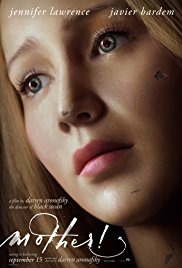 Darren Aronofsky’s “mother!” is a deeply polarizing film, sharply dividing audiences between utter disgust and unconditional love. If “mother!” is an allegory for God and religion (which it clearly seems to be), it works on many levels — not just within the context of the film itself but in the interpretation of the film by both fans and critics.
Darren Aronofsky’s “mother!” is a deeply polarizing film, sharply dividing audiences between utter disgust and unconditional love. If “mother!” is an allegory for God and religion (which it clearly seems to be), it works on many levels — not just within the context of the film itself but in the interpretation of the film by both fans and critics.
Half the reviews seem to be focused on aggressively ripping the film to pieces, while the other half attempt to lovingly and painstakingly deconstruct the film to prove just how transcendent and deeply meaningful it all really is.
While I wasn’t planning on reviewing this film, I haven’t been able to stop thinking about it days after watching. There was so much to process, so many layers to peel apart, so much symbolism and allegory to make sense of.
Honestly, I wasn’t entirely sure how to articulate my thoughts and feelings on the film, and I’m still not sure. But one thing is certain: Since I left the theater, I’ve been desperate to talk about the movie in great length — eager to hear how others interpreted and reacted to the surreal, disorienting nightmare.
After reading initial reviews and hearing what my fellow film fans critics had to say, it’s clear that “mother!” is truly the kind of film you need to assign a deeper meaning to in order to fully appreciate.
For many, that’s the film’s biggest downfall — it doesn’t work as a straightforward narrative or even, to be perfectly honest, a traditionally enjoyable film. For others, therein lies the genius of a film that crawls inside and forces a deeper level of engagement and analysis.
Although beautifully marketed (almost certainly misleadingly so), this was never a film designed to have any mainstream appeal (as evident by the film’s rare F rating on CinemaScore). It’s as arthouse as you can get and, for that reason, you’ll either curse it for being painfully pretentious or praise it for being brilliant and thought provoking.
Maybe it’s both.
Jennifer Lawrence delivers a powerhouse performance as the deeply devoted but beleaguered wife to her often cold and distant husband, a brilliant writer (Javier Bardem). While she painstakingly and single-handedly rebuilds and remodels every inch of their spacious home — his childhood home that was destroyed in a fire — he struggles to find inspiration for his next great literary achievement.
While it’s clear that Lawrence’s character (credited only as Mother) is madly in love with her husband (credited only as Him), he doesn’t seem to return the affection. The more she gives, the more he takes, leading to an inevitable but devastating finale that feels very reminiscent of Shel Silverstein’s “The Giving Tree”, a tragic and heartbreaking fable of a parent’s love and sacrifice masquerading as an innocent children’s story.
One of the most powerful and gut-wrenching lines is delivered in the film’s finale by Bardem’s Him. Lawrence’s Mother bemoans, “What hurts the most is that I was never enough.” He coldly retorts, “Nothing is ever enough. I couldn’t create if it was.”
Throughout the film, Aronofsky does an exceptional job making you feel the Mother’s suffering and confusion and, in the chaotic and explosive final act, her intense dread and panic.
Bardem plays a beloved poet whose work seems to inspire cult-like devotion, inspiring people on a deeply personal and spiritual level. Interestingly, the film itself is much closer to cinematic poetry than prose.
You may find beauty and value in the spectacle of it all but ultimately leave unsatisfied. And it’s quite possible you’ll appreciate that there must be some deep, hidden meaning behind the beauty and chaos — but struggle to understand exactly what that deeper meaning is…or why you should care.
It’s tempting for me to give you my own academic thesis on the film, peeling apart the layers of allegory to help you understand everything Aronofsky seems to be saying about religion, the cult of celebrity, parenting, feminism and gender roles, and man’s tumultuous relationship with Mother Earth.
But none of that will help you enjoy the movie any more. At the end of the day, this is a deeply personal film that will affect each person differently depending on what they bring into the film and what they choose to take away from it.
It seems futile to try to review this film, or even to dissect it and try to defend the film’s deeper meanings and rich subtext. What it’s about doesn’t seem to matter as much as how it makes you feel.
The strongest defense I can make of “mother!” is to say you will almost certainly either passionately love it or hate it. And there’s something to be said, at least for me, for a film that has that kind of powerful and lasting effect.


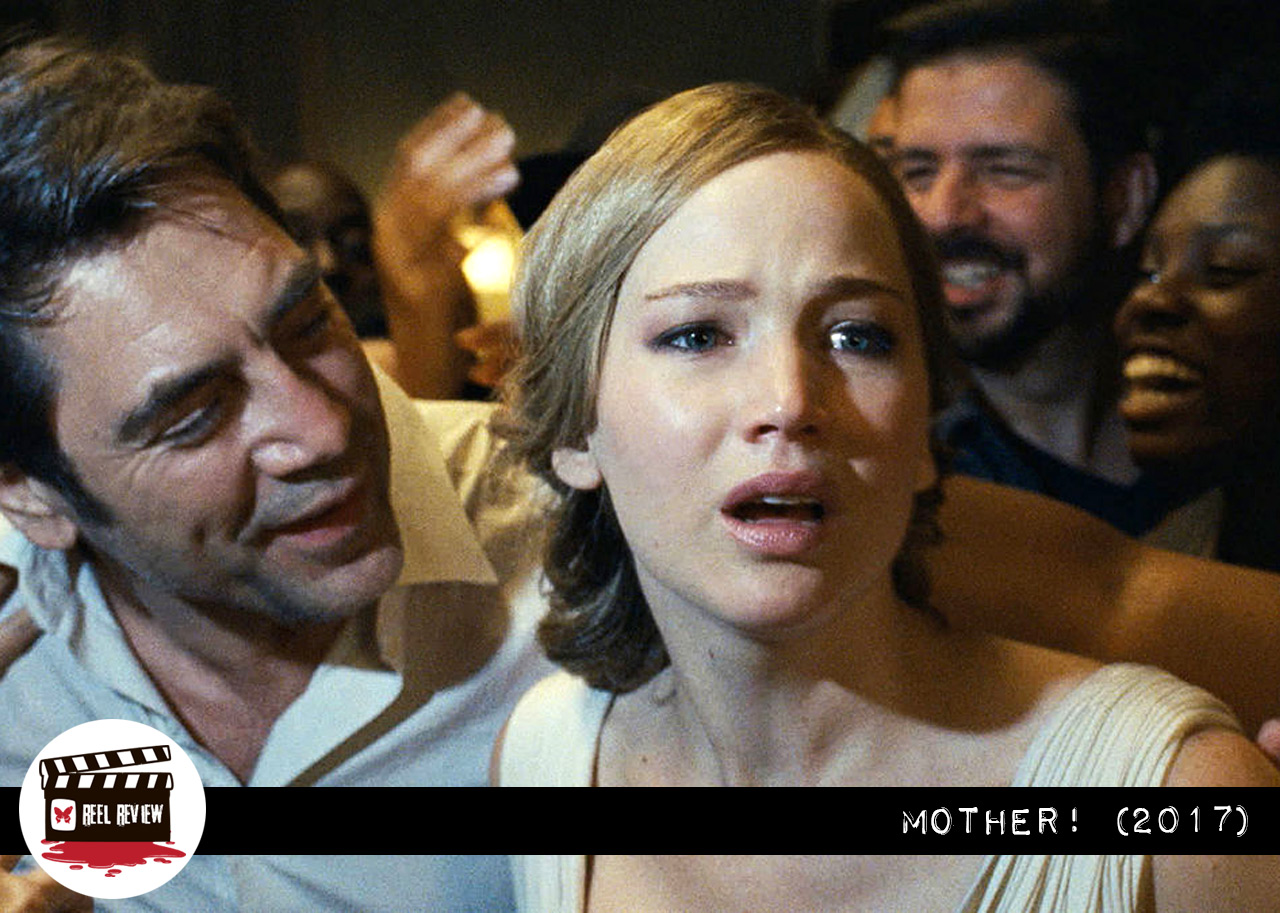
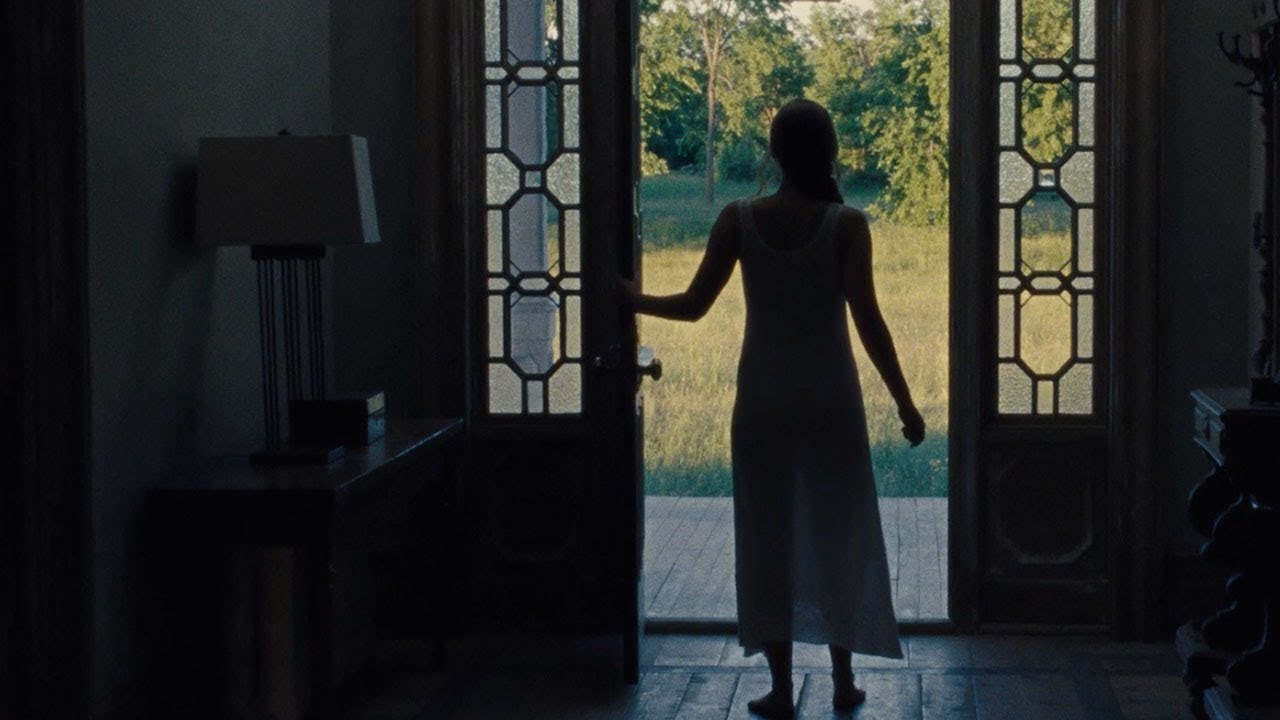
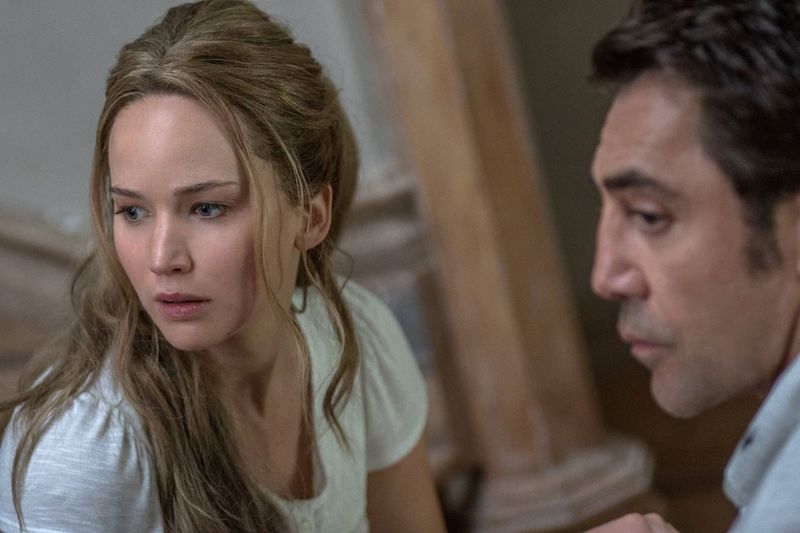
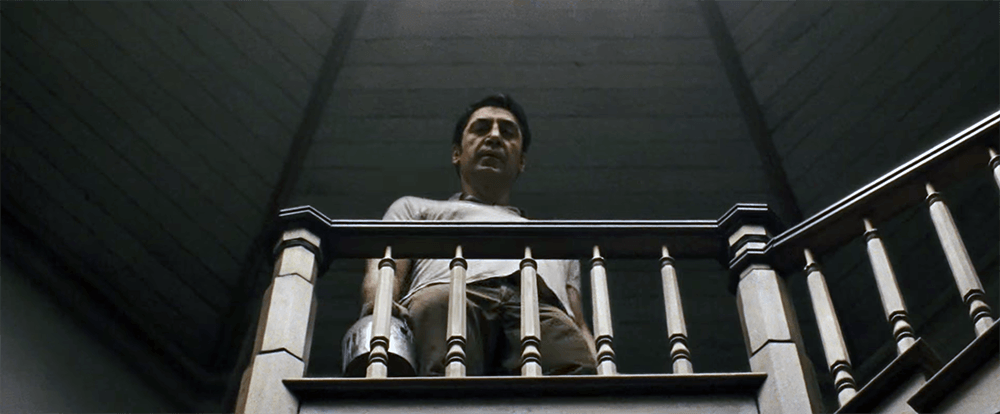
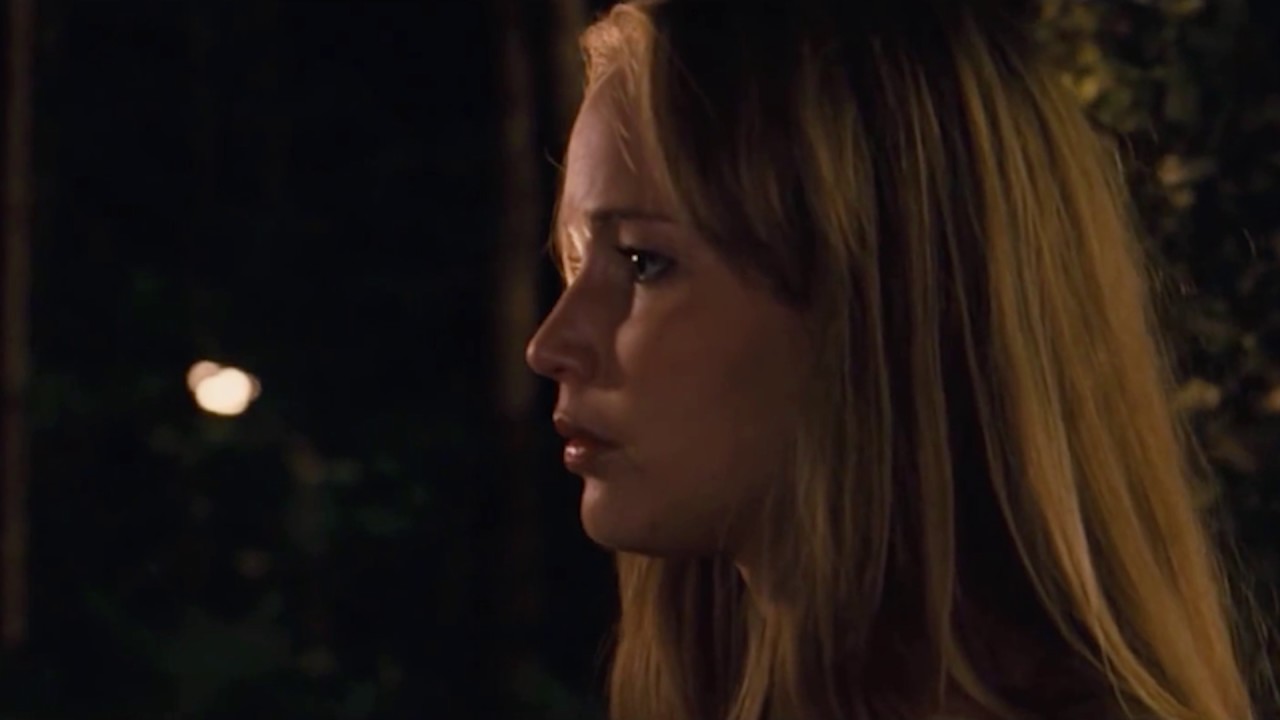


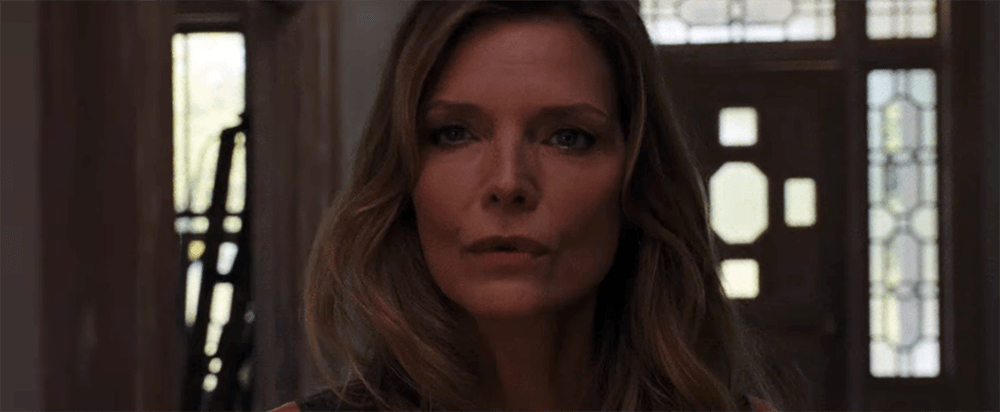

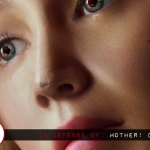


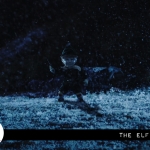




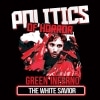
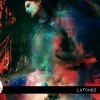






2 Comments
2 Records